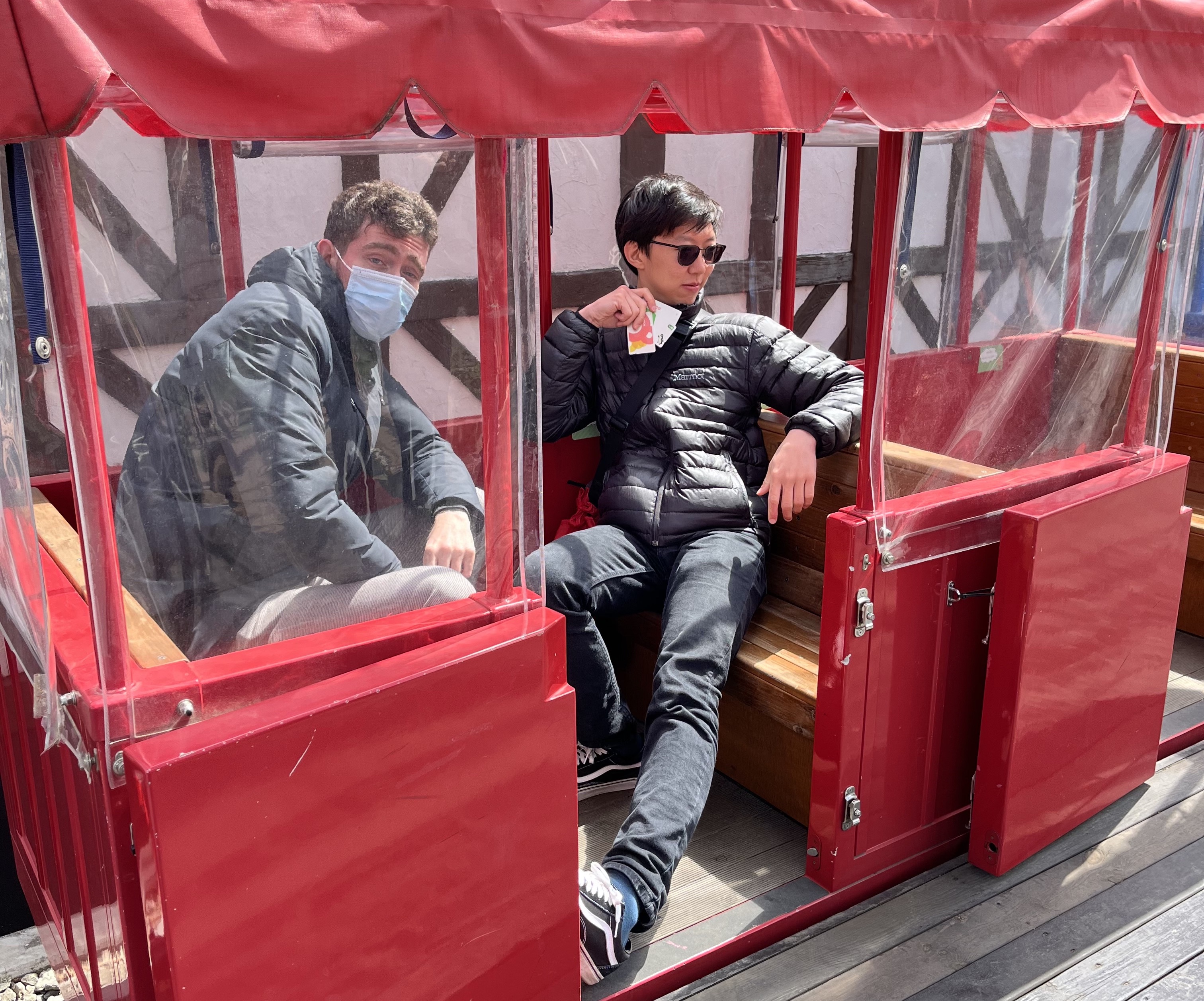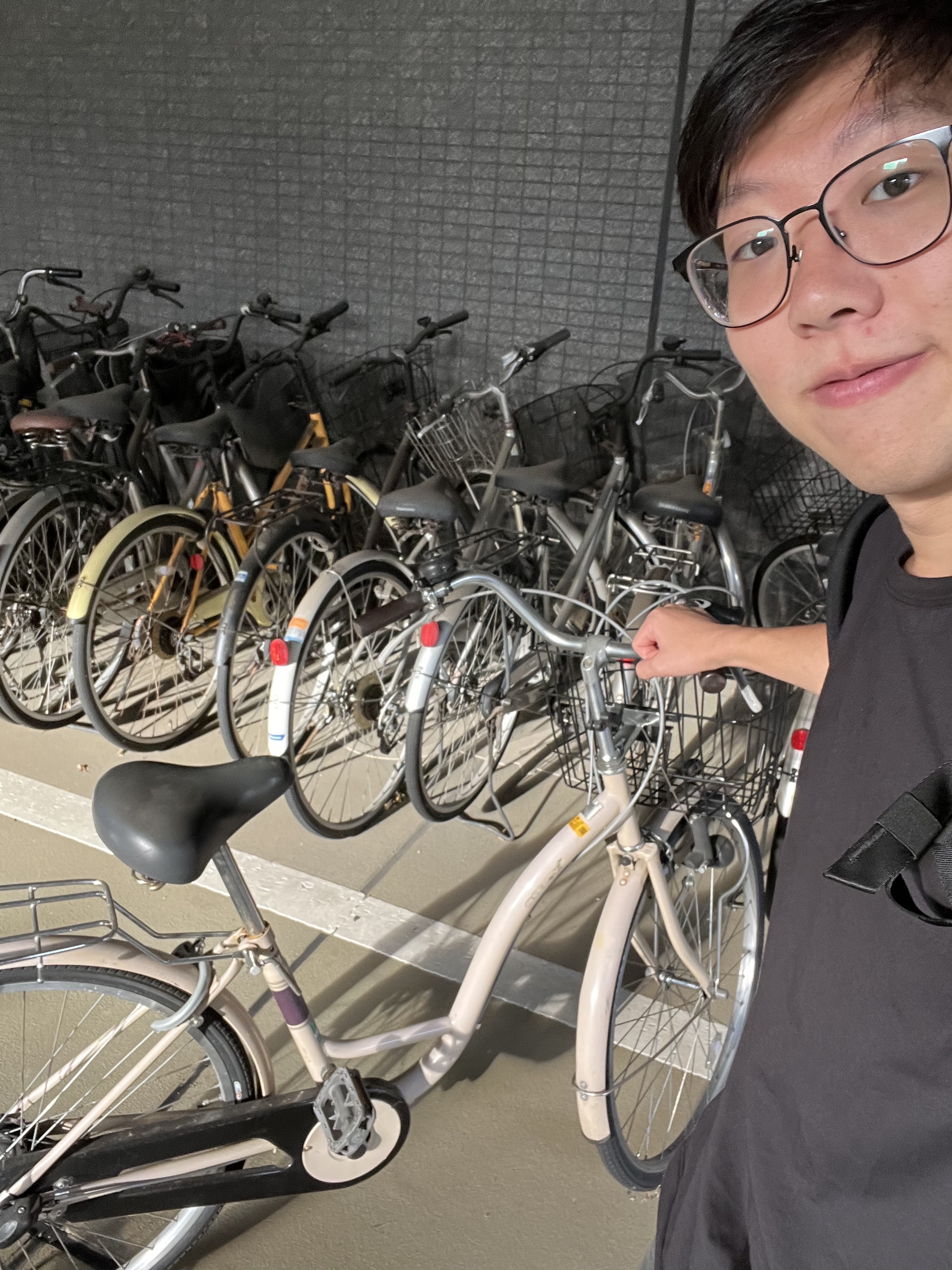Why Urban Planning is Important to Me
Date:
This is an essay I wrote as part of my graduate applications on how I came to the realization that urban planning is one of the most impactful factors affecting our lives, and how it slips under our radars.
 |
|---|
| Showing off my transit cards in Sapporo, Japan. |
We face crises on a global scale. How we address climate change, wealth inequality, and systemic racism now will impact us for generations. This knowledge has propelled me to contemplate how to use my experience as a physicist to create positive social impact. My personal experiences over the last several years have led me to urban planning as the answer.
My hometown is a small New Jersey suburb. Growing up, it was a fact of life that you needed a car. Walking and cycling were a hobby, not a mode of transport. But, I never questioned it: “it is what it is”, I thought. This changed after I lived in first Shanghai, then Kyoto and Tokyo. Suddenly, there was a grocery store on every street corner. I commuted by bicycle, and felt safe doing so. I could get anywhere in the city by train, and could actually rely on the published timetables.
I grew up hearing that cars gave people freedom. In my experience, I had never felt freer than when I lived in places that didn’t privilege drivers. After living in Los Angeles, infamous for its car culture, I realized: if you need a car to get to essential destinations (work, grocery stores, doctors), then we’ve effectively made life convenient only for those who can afford a car. This blatant lack of equity frustrated and angered me. How was it fair that if you need money, you need to work, but to work you need a car that costs thousands of dollars a year even after it’s entirely paid off? What was even more frustrating was that it didn’t have to be like this. Cities like Tokyo, Amsterdam, and Singapore presented an alternate universe where having a car is the exception. I realized this was, and is, in our power to change.
When I tell people about my revelation, the most common response is, “I never thought about it like that.” I would have felt the same way, had my urban planner partner not shared with me her readings. I now envision a world where a parent can ride with a child on a bike without weaving through car traffic. Where, like my elementary-aged cousins in Tokyo, children can walk to school alone. Where my grandparents who can’t drive anymore can still have their freedom and independence, instead of being stuck at home reliant on a caretaker to drive them around. Where there’s little incentive to own an emissions-producing car. People my age shouldn’t have to be thinking about their first car. This is all achievable through safe, convenient, and sustainable access.
The under-appreciated nature of urban planning, combined with its undeniable importance, has motivated me to explore it more through my interest in computation. I cannot sit by and continue thinking “it is what it is.” Bringing my background in physics and ML to our urban environments’ data is how I can help create the safe, equitable, and sustainable cities that I know are possible.
 |
|---|
| Saying goodbye to my mamachari commuter bicycle in Tokyo, Japan. |
